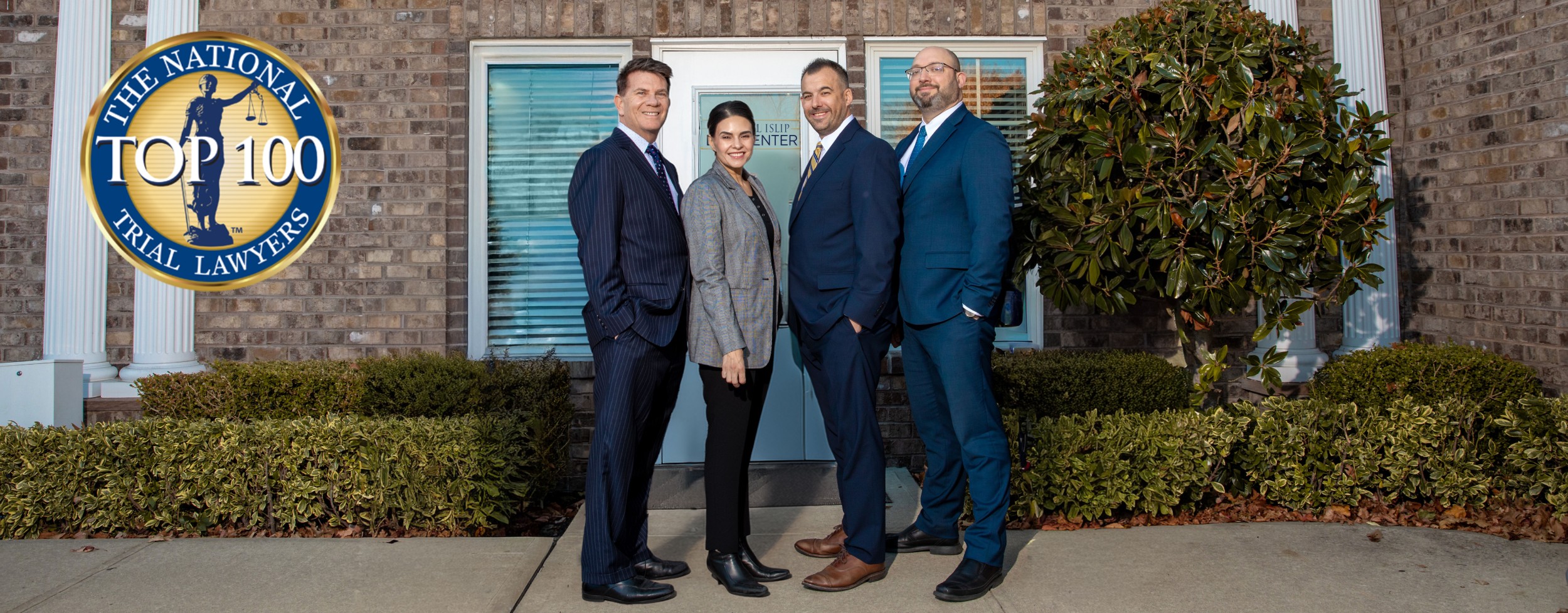Just about anyone who knows about criminal law knows that if you are convicted of a crime or plead to a crime, you will generally be punished in one of three ways: incarceration in a jail or prison, probation, or payment of a fine. Sometimes, you may be assigned community service, forced to attend a rehabilitation clinic, or you may be given another, more peculiar punishment. However, there are other potential consequences to a criminal conviction, known as collateral consequences, that you should be aware of before you take a plea deal.
The term “collateral consequences” refers broadly to any consequence of a criminal conviction that is not technically a part of the sentence, but which nevertheless has an impact on you and your rights. For example, one of the most well-known collateral consequences is that employers can ask you about your criminal history, and in many states can legally reject a job applicant for having a criminal history. In New York, it is not legal to discriminate against someone for having been arrested or accused of a crime, but it can be legal under certain circumstances to discriminate against someone for a prior criminal conviction, which includes pleading guilty to a crime.
Another collateral consequence relates to obtaining certain licenses and permits. For example, anyone with a felony or violent crime on their record will likely be denied if they attempt to get a gun permit, and they may find it more difficult to obtain a professional license, like a license to practice law or medicine. If you currently have such a license or permit, you could easily see them suspended or revoked by the relevant authority when they discover you have a criminal conviction, particularly if it is a crime related to your profession.
Additionally, a criminal record can make you ineligible for certain loans and grants and make it harder to obtain financing for a business. This can make it substantially harder for you to make a living after you complete your sentence, and even starting your own business can become an extraordinary struggle. A criminal defendant is likely to face similar issues if they want to pursue an education and try to apply for student loans.
Among the most severe collateral consequences you can suffer, however, can come about if you are an immigrant, particularly if you are not yet naturalized. There are a variety of crimes designated as “crimes of moral turpitude,” which, if you are convicted of them, can result in your legal immigration status being revoked. Afterwards, you are likely to be deported to whatever country you originally came from, no matter how long you have been in the United States. In some extreme cases, even a naturalized immigrant can have their naturalization revoked, particularly if the crime involves lying on the application for citizenship.
While these consequences are extensive, they are far from exhaustive. Nearly every aspect of a person’s life can be affected by a criminal conviction or plea, to the point where it can become nearly impossible to return to regular life. Prosecutors will happily pressure criminal defendants into accepting plea deals, tempting them with promises of more lenient sentences without letting them know the full consequences of accepting that plea. It is for this reason that you should obtain legal counsel as soon as possible, to ensure all your rights are protected, minimize punishment, and help you avoid some of these collateral consequences.
If you or someone you know has been arrested for a criminal offense, you will need legal counsel to help you preserve your rights and work to get the best possible outcome for your matter. A New York criminal defense lawyer, who is experienced in handling criminal cases of all sorts, can advise you of your legal rights and will fight for your best interests in court. If you or your loved one has been arrested, contact the Suffolk County criminal defense attorneys at McGuire, Peláez and Bennett at (631) 348-1702.



